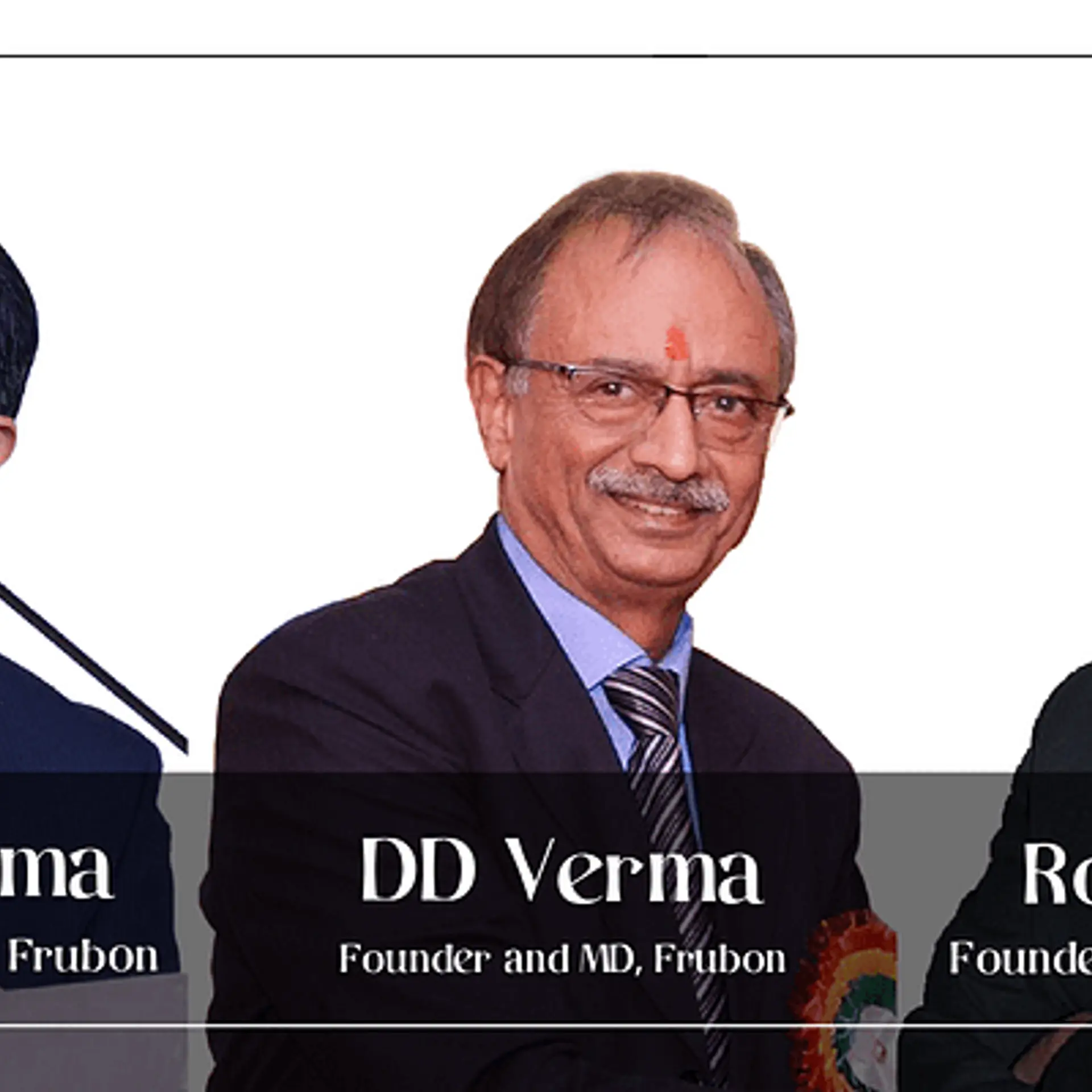‘MSMEs need more than bank loans to succeed,’ says Ram Mohan Mishra, Additional Secretary, Ministry of MSME
Mr Ram Mohan Mishra, Additional Secretary to the Ministry of Micro, Small and Medium Enterprises (MSMEs), while speaking at different forums, shares what constitutes an ideal ecosystem for MSMEs, the need for aggregating them, and some of his ministry’s initiatives to help such enterprises.
Mr Mishra has also extended an invitation to many non-government and private organisations to partner with the government to bring success to MSMEs.
According to him, with persistent efforts, SMEs now stand a better chance than before to raise funds from the government and banks. He says there is a need to go a step ahead and create an ecosystem for the development of MSMEs.
“A business requires wholesome nurturing to succeed. An easy access to a mere bank loan will not suffice. In fact, it forms just one aspect of the entire ecosystem in which MSMEs thrive,” he says.
According to Mr Mishra, an ideal ecosystem for MSMEs to flourish is when bank loans are accompanied by technological advice, infrastructure support, marketing, branding, and packaging access.
Mr Mishra also cautioned various stakeholders involved in the development of MSMEs to refrain from over-the-board monitoring. He says, “Excessive monitoring can cause anxiety among business owners who are prone to giving up.” In this regard, the government can learn from private entities like Business Membership Organisations (BMOs), who have been encouraging MSMEs for long to develop, despite seeing their extensive failure rate, he adds.
On talking about some of his ministry’s initiatives, Mr Mishra says initiatives like National Rural Livelihood Mission (NRLM), National Urban Livelihood Mission (NULM) and Mudra Programme have helped many individuals set up their own enterprises. But somewhere down the line, Mr Mishra acknowledges there is a need to aggregate them.
He says, “We need to cluster them so that they can serve the global and regional markets better.” To achieve this, the ministry plans to create a database of all the MSMEs across India and categorise them by geo-tagging. This way, clusters will emerge naturally, both expertise and region wise, out of the organised data.
Once clustered, the ministry will initiate a dialogue process with them to better understand their requirements. The ministry will also be mobilising resources from various government departments and launch Special Purpose Vehicles (SPVs) to meet the need of the clusters.
Also, realising the importance of skill training and mentorship in the development of MSMEs, the ministry is tying up with the World Bank to set up 15 new state-of-the-art technology centres. These centres will provide training to develop expertise in niche domains like space technology, biotechnology, atomic reactors, and high-end automobile technology, where the existing MSMEs have been struggling to find enough support and guidance.
Mr Mishra further adds that these centres will work on a self-sustaining revenue model in which the enterprises or individuals who are seeking to affiliate will pay a fee.
He says the training centre performs two sets of responsibilities. One, it imparts skills and training to individuals in a specific domain and helps them in getting placement. Second, it provides the existing enterprises with tooling, machining and business management for their further advancement.
The proposal with World Bank is being taken up because of the success of 18 such centres, which have served quite well with the needs of many MSMEs and individuals, adds Mr Mishra.
The Ministry also intends to rope in private players for the development of MSMEs. It has invited many private entities and non-governmental organisations like BMOs to collaborate with it in fulfilling its dream of empowering MSMEs.
Mr Mishra says, “Wherever there are market opportunities for our MSMEs, we need to bring it to their knowledge. Come help us through Skill India, Invest India to help mobilise resources for MSMEs.”
He also threw light on how partnership between the government and private players can help India meet its Intended Nationally Determined Contributions (INDCs) under United Nations Framework Convention on Climate Change (UNFCCC). He says, “India is blessed with a huge biodiversity. Businesses can tap it. Given India’s commitment globally towards protecting the environment, there is a huge opportunity for us to together create such a pathway for our MSMEs so that they land in the green market.”







